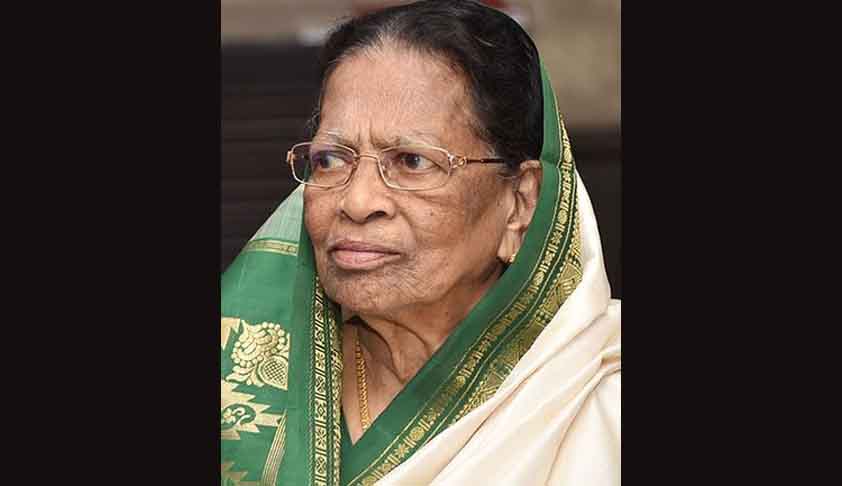India’s First Female Supreme Court Judge, Justice Fathima Beevi, Turns 90
Apoorva Mandhani
1 May 2017 8:28 PM IST

Next Story
1 May 2017 8:28 PM IST
“The Supreme Court and the Government should appoint more women in the High Courts because the proportion of lady Judges in High Courts is very low. It has to be raised”, she said. Justice M. Fathima Beevi, the first female Judge to be appointed to the Supreme Court of India, turned 90 on April 30. It is, however, not only her stint as an Apex Court Judge that has functioned as a...
